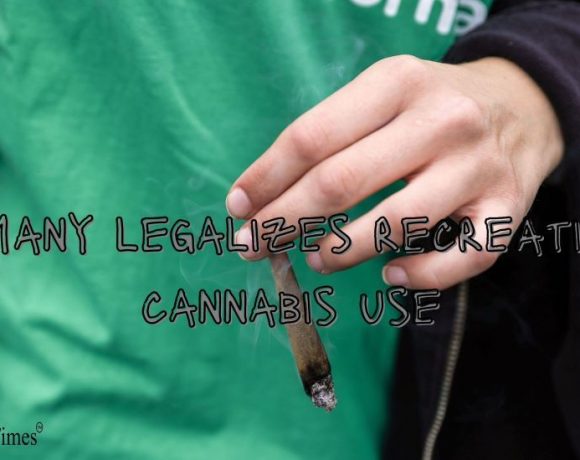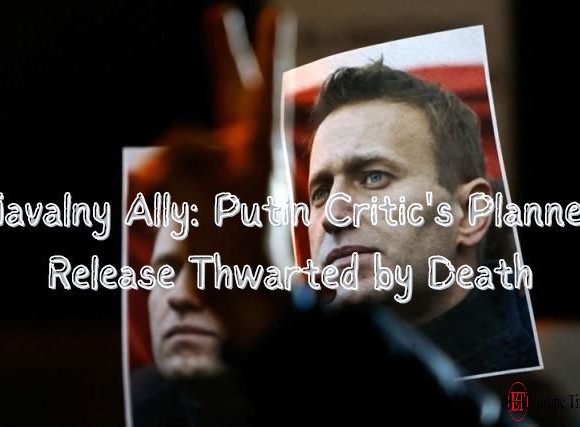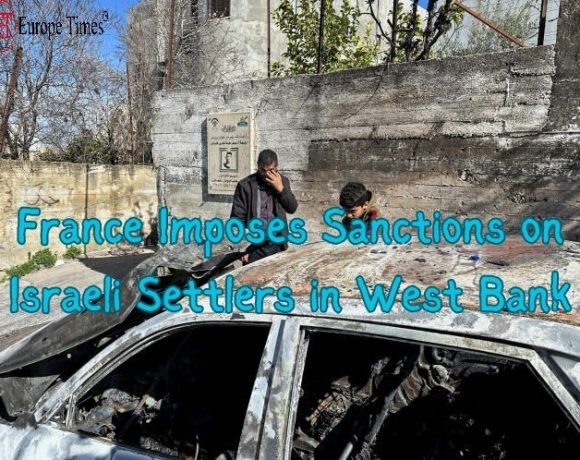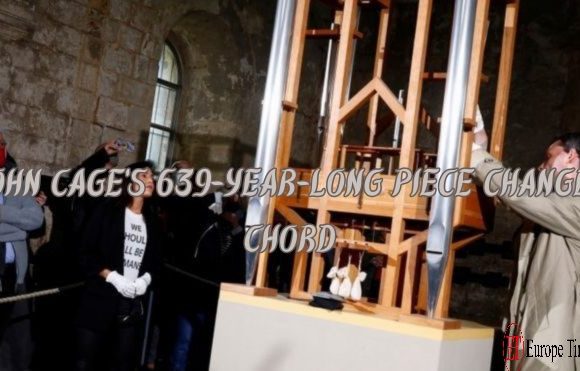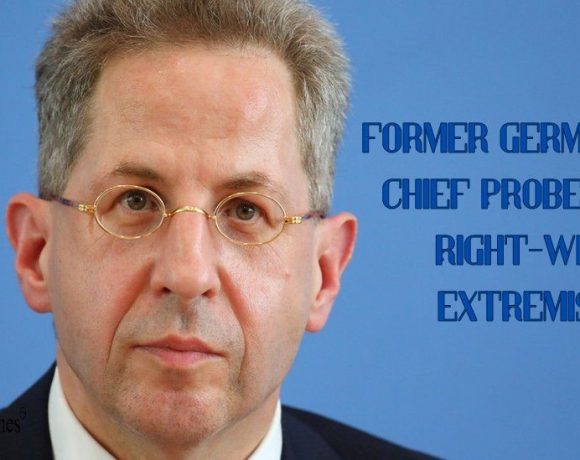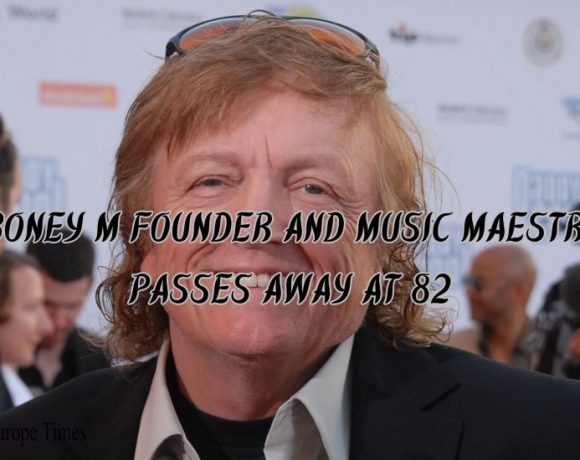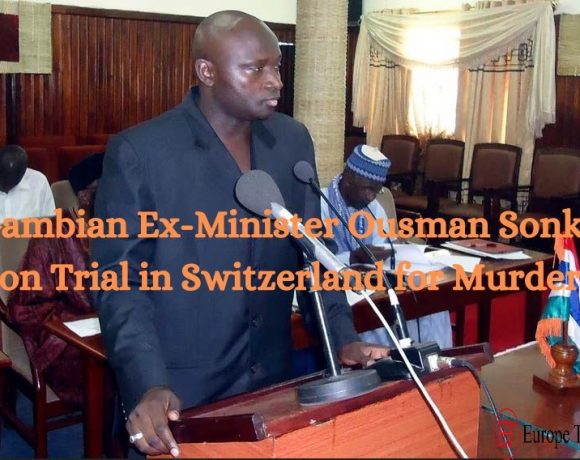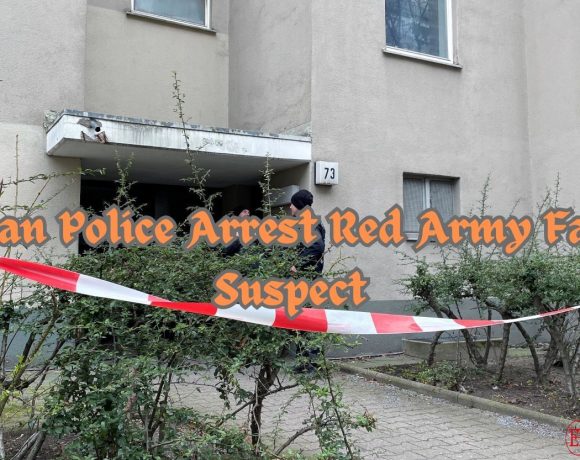
Daniela Klette, a former member of the Red Army Faction (RAF), a militant group in Germany, has been apprehended in Berlin after evading authorities for decades over charges including armed robbery and attempted murder. The arrest follows a recent episode of the cold case show Aktenzeichen XY, where a police appeal for information on three remaining fugitives from the group prompted numerous tips.
Markus Heusler, the prosecutor handling the case, confirmed the identity of the detained woman, now aged 65, as Daniela Klette. Alongside her, Burkhard Garweg and Ernst-Volker Staub, the two other outstanding members of the group’s third generation, remain at large.
The RAF, initially led by figures like Andreas Baader and Ulrike Meinhof, gained infamy in the 1970s for its violent actions, including numerous murders of public officials, police, business leaders, and US soldiers. However, the crimes attributed to Klette and her associates occurred between 1999 and 2016 and were not claimed under the RAF’s name. The group officially disbanded in 1998, as announced in an anonymous letter sent to Reuters’ office in Cologne, where remaining members declared the end of the urban guerrilla movement known as the RAF.
Picture Courtesy: Google/images are subject to copyright

